To develop the agricultural enterprises in the northern part of Cebu, a multi-processing center was being proposed for funding under the Department of Agriculture-Central Visayas (DA7) Adaptation and Mitigation Initiative in Agriculture (AMIA) Program.
Involved stakeholders and partners convened for a convergence workshop, held at a venue in Mandaue City to plan and formulate the various activities for the establishment of the center.
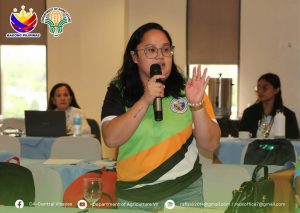
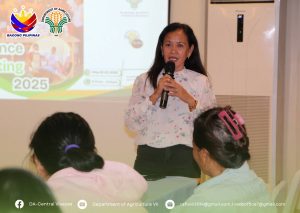
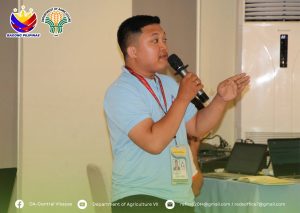
Among the regional line agencies and academe who took part in the convergence activity include DA7, Department of Science and Technology (DOST), Agricultural Training Institute (ATI), Technical Education and Skills Development Authority (TESDA), Department of Labor and Employment (DOLE), and the Office of the Provincial Agriculturist – Cebu., as well as the Cebu Technological University (CTU) – Daanbantayan Campus. Also present were the AMIA Provincial Team Leaders, the Daanbantayan Municipal Agriculture Office, and five local farmers’ associations that will serve as direct partners in the project implementation, namely Bagay Farmers Association (BAGFA), Fatima-Bandilaan Farmers Association (FABAFA), Nagkahiusang Mamumuong Kababayen-an sa Bagay (NAMAKABA ), Bitoon Agrarian Reform Beneficiaries ( BARBA ), and Somimbang Farmers Association (SOFA).
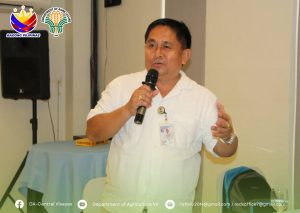
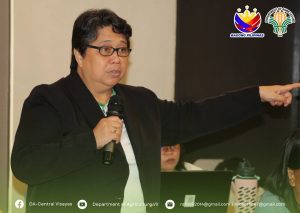
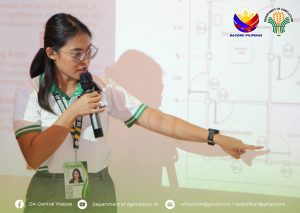
The facility will support the peanut production and other crops in the food value chain system, as it will introduce modern postharvest technologies, value-adding processes, and marketing support.
Daanbantayan was identified as an area that is vulnerable to calamities, and addressing these challenges was the establishment of AMIA Villages composed of farmer associations.
With the facility, the AMIA communities will benefit, creating local employment, increasing product competitiveness, and improving income among farming households.
During the meeting, stakeholders expressed strong support for the project and discussed their respective roles.
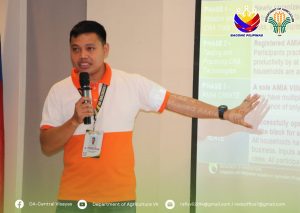
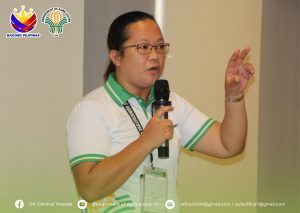
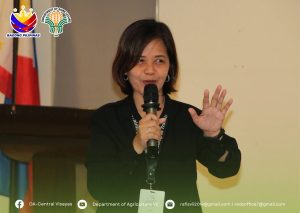
DOST committed to provide appropriate processing technologies, TESDA to provide training to farmers support to ensure skills readiness, while DOLE expressed willingness to extend employment facilitation assistance. The CTU-Daanbantayan signified to support the research and technical aspects of the center.
Discussions also focused on the identification of the center’s location, necessary processing equipment, and the formulation of a sustainable enterprise-based management scheme. The convergence emphasized the value of building strong institutional partnerships and empowering local communities to manage the center effectively.
The establishment of a processing center aligns with the core principles of the AMIA Development Pathway, promoting climate-resilient and inclusive agriculture by integrating adaptation strategies with enterprise development. This will become a cornerstone of rural transformation in Daanbantayan—strengthening agri-based livelihoods and building resilient farming communities.









